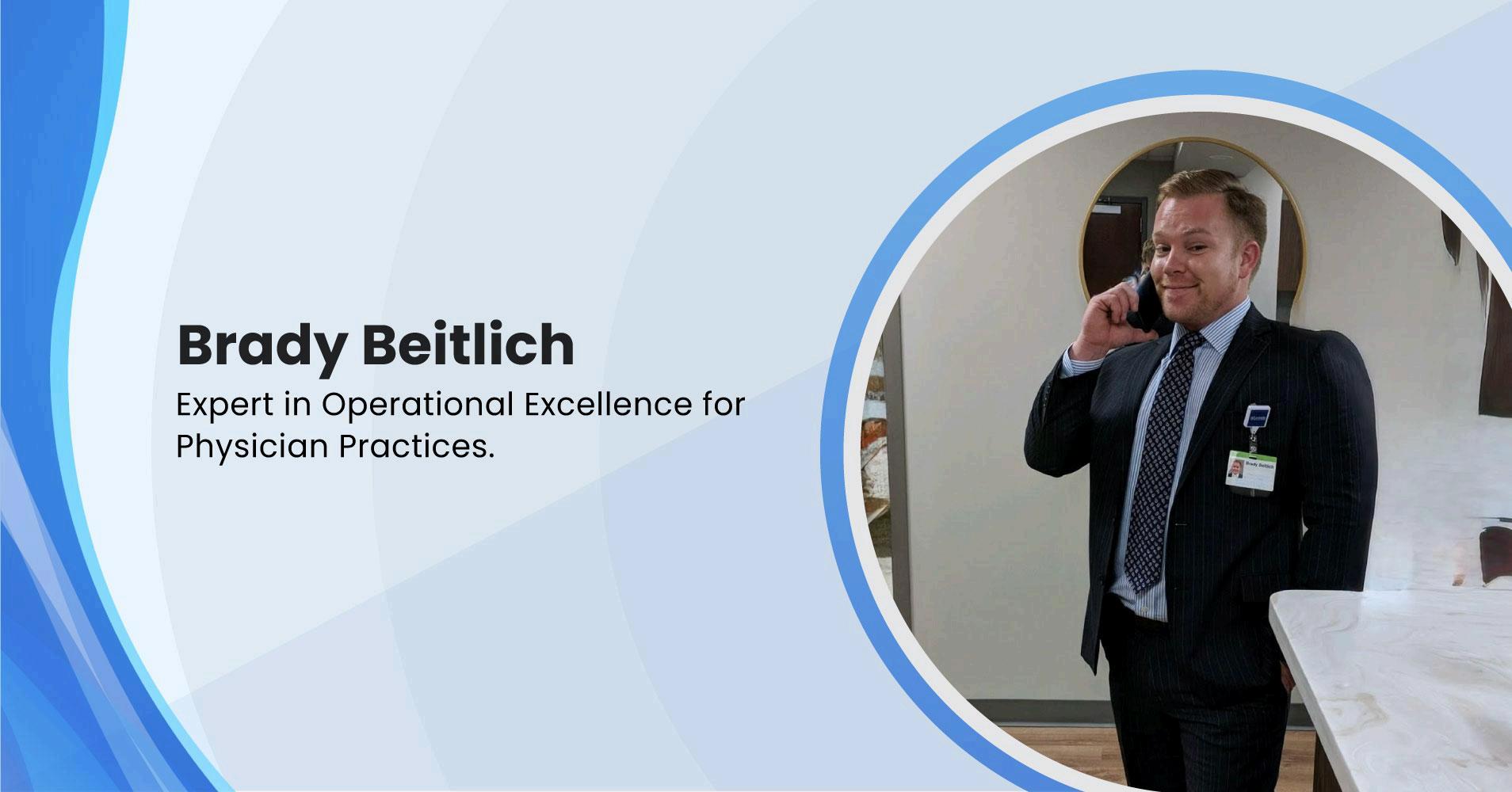Lean Strategies for Modern Healthcare Systems by Brady Beitlich

As noted by Brady Beitlich, Modern healthcare faces unprecedented challenges Rising costs, increasing patient demands, and complex care requirements place immense pressure on hospitals and clinics To maintain high-quality care while controlling expenses, healthcare organizations are turning to lean management strategies. Lean focuses on efficiency, eliminating waste, and creating value for patients. By applying these principles, healthcare systems can streamline operations, improve patient experiences, and enhance staff productivity.
At its core, lean management emphasizes identifying processes that do not add value and finding ways to eliminate or improve them. In healthcare, this approach can target administrative tasks, patient flow, supply chain management, and clinical workflows For example, reducing unnecessary paperwork or optimizing scheduling can free up valuable time for caregivers to focus on patient care. Streamlined workflows also minimize delays and reduce the risk of errors, directly benefiting patient safety and satisfaction
Another key aspect of lean strategies is continuous improvement Healthcare organizations must constantly analyze processes, gather data, and implement incremental changes Minor improvements accumulate over time, resulting in substantial efficiency gains and enhanced
outcomes Staff involvement is critical in this process, as those on the front lines often identify bottlenecks and inefficiencies before leadership does. By empowering employees to suggest improvements, organizations foster a culture of engagement, accountability, and collaboration
Technology plays a vital role in supporting lean healthcare. Electronic health records, automated scheduling systems, and real-time tracking of patient progress allow teams to monitor workflows and identify areas for improvement. Leveraging data-driven insights enables organizations to make informed decisions, reduce waste, and improve care delivery Technology also enhances communication between departments, ensuring that resources are used effectively and patient care remains coordinated.
Implementing lean strategies in healthcare requires commitment from all levels of an organization. Leadership must model the principles, encourage staff participation, and invest in training Over time, lean approaches build resilience, reduce costs, and strengthen the overall performance of healthcare systems. Patients benefit from faster, safer, and more personalized care, while staff experience less frustration and greater efficiency in their daily work
In today’s dynamic healthcare environment, lean strategies provide a roadmap for sustainable improvement By focusing on efficiency, continuous learning, and patient-centered care, modern healthcare systems can achieve operational excellence while delivering the highest quality outcomes. Lean is not just a management approach; it is a mindset that transforms healthcare organizations into agile, effective, and patient-focused institutions
